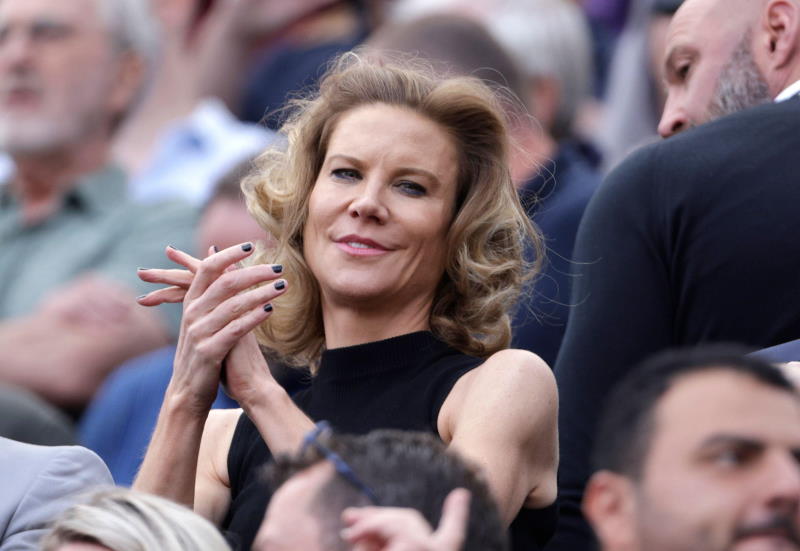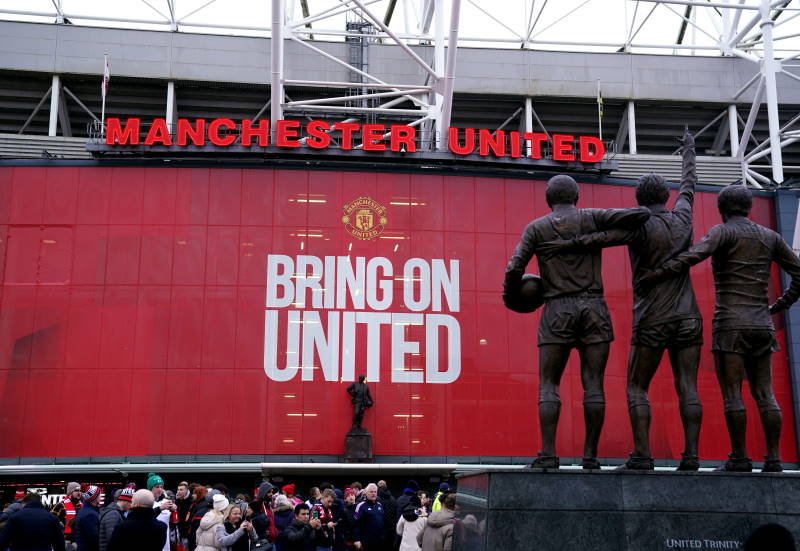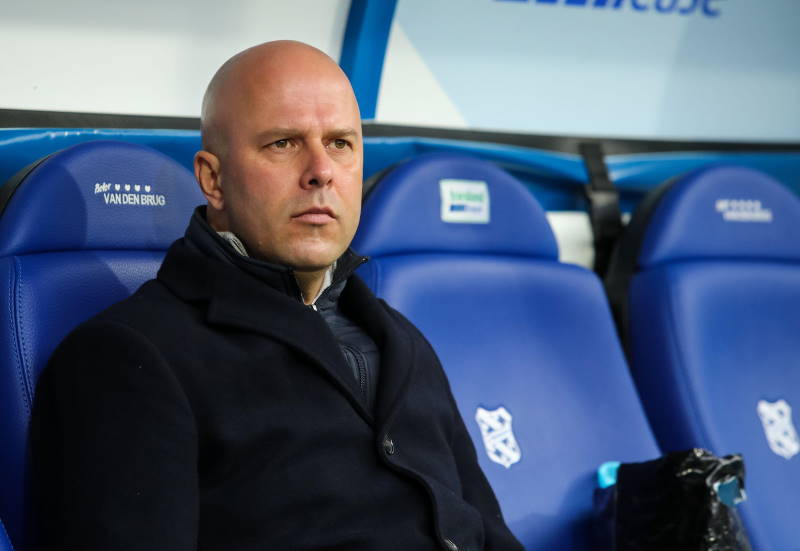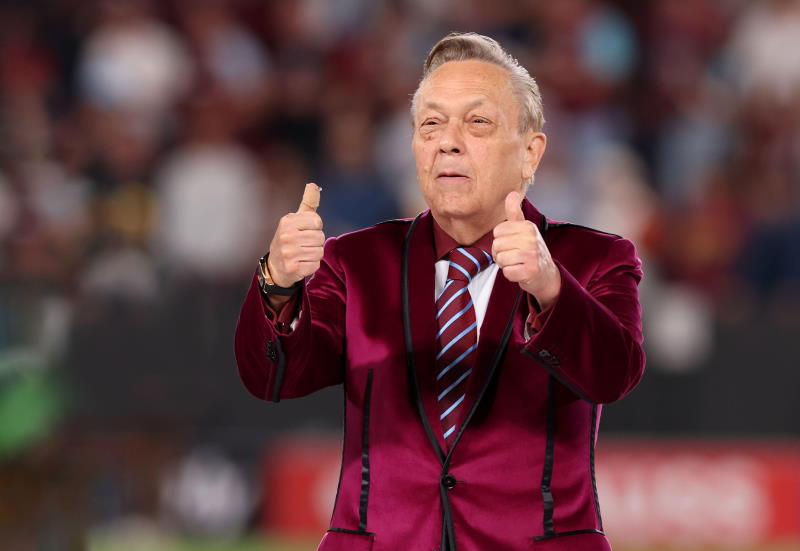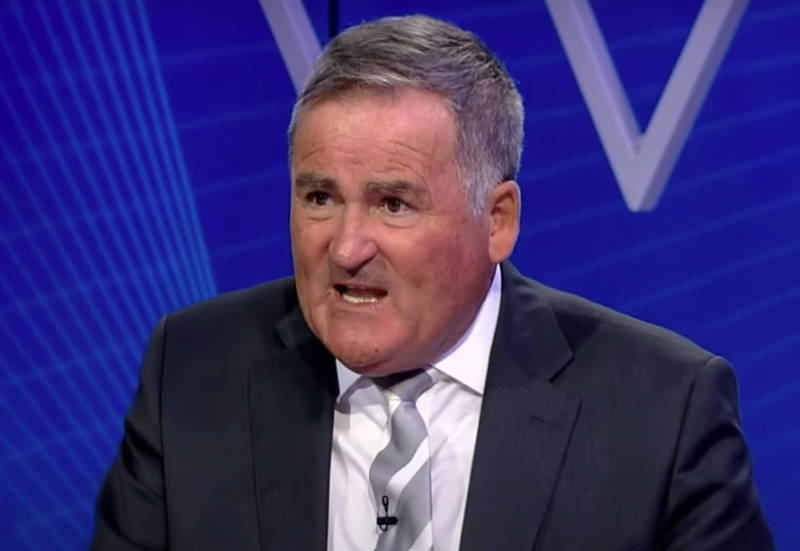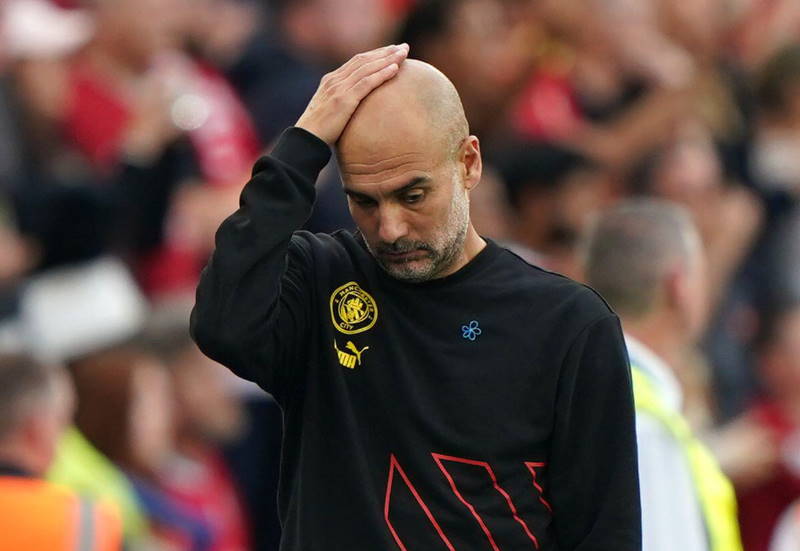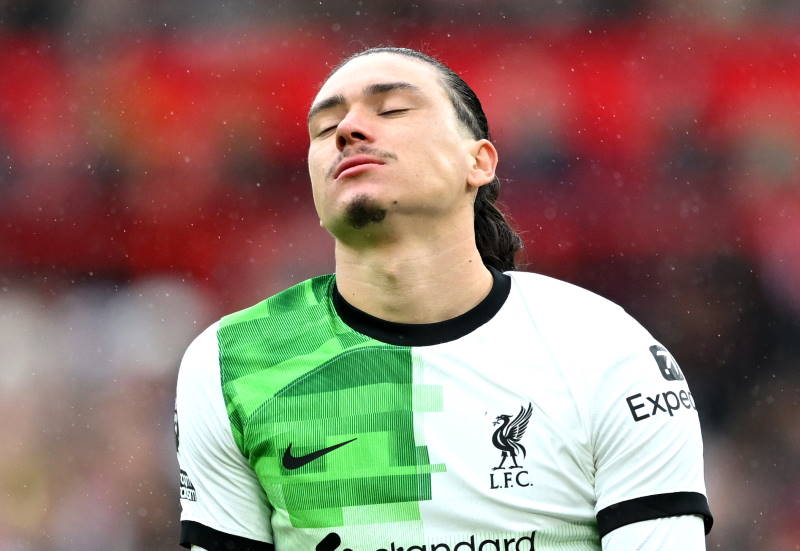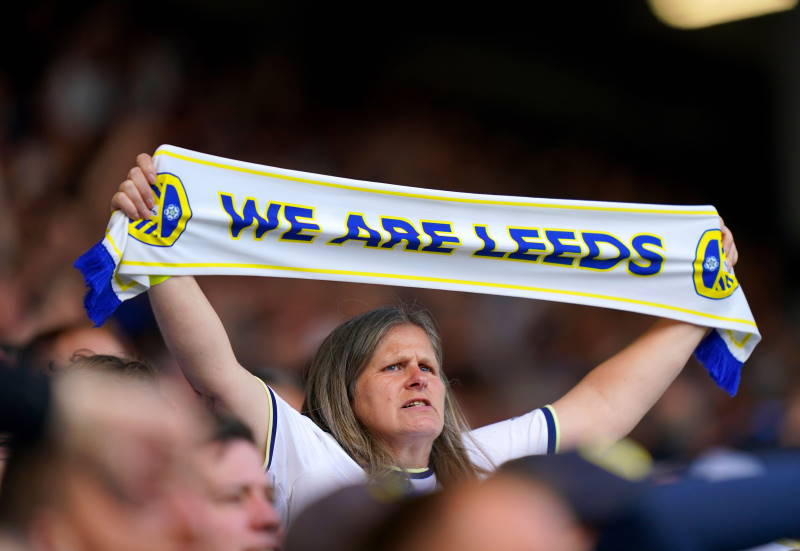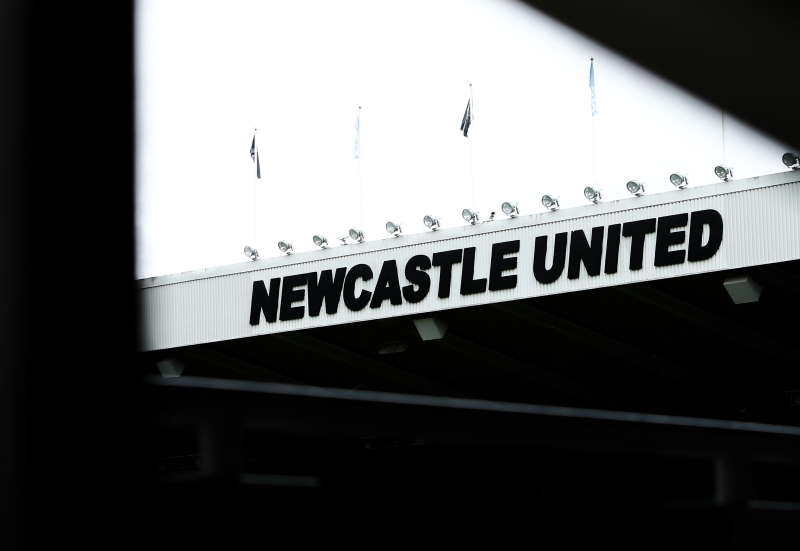
Tom Oldfield
The FIFA Club World Cup is a curious competition. There is the glamour of it, the chance to become the official world champions at club level and the promise of a week away in an exotic setting. The downside is that it drags a team’s focus away from domestic matters at the wrong time – just before the hectic Christmas period. But, despite some negativity towards it, the Club World Cup is still an event that the top clubs want to be part of.
This year, it will be held in Abu Dhabi in the United Arab Emirates, where two stylish stadiums await the seven participants. The UAE fought off competition from Australia, Japan and Portugal, who later withdrew, in the bidding process and the event will run from December 9-16.
As always, the cast features a few big hitters and some comparatively unknown hopefuls. Barcelona, kings of Europe after their Champions League final victory in Rome, will be unquestionable favourites but as Manchester United found in 2000 in their ill-fated glory bid, nothing can be taken for granted.
Lionel Messi, Xavi and company will be joined in Abu Dhabi by Argentine club Estudiantes, who won the Copa Libertadores, Atlante of Mexico, Pohang Steelers of South Korea and TP Mazembe from the Democratic Republic of Congo. New Zealand’s Auckland City and the hosts Al-Ahli make up the draw. And all arrive at the competition thanks to winning a lucrative trophy along the way.
If the competition itself is a controversial creation, the format also induces some major head-scratching. Auckland City and Al-Ahli will kick things off with a playoff for a spot in the next round, with the winner taking a place in the “quarter-finals” alongside Atlante, the Steelers and TP Mazembe. From there, the two victors will compete in the semi-final stage, at which point Barcelona and Estudiantes join the fun. You could definitely be forgiven for losing track of who was in and who was out.
In short, Auckland City need to win four games to lift the trophy while Pep Guardiola’s side must conjure only two victories. Whether that sounds fair or not, that is the set-up so everyone just has to get on with it. In all honesty, it makes sense to have what amount to seedings for the tournament.
The games will be played in front of noisy home support and the Barcelona players, in particular, can expect to see a lot of attention from media and fans alike. Fortunately, they are bound to be in buoyant mood after recent victories over Inter Milan and Real Madrid. Two stadiums are being used for the event, with the matches being split between the Mohammed Bin Zayed Stadium and the Zayed Sports City, which seat 42,056 and 49,500 respectively. The latter will host the third place playoff and the final.
The competition, which began in 2000 before a gap until 2005, has seen a mix of winners since its formation. While Manchester United are the current champions, after defeating LDU Quito of Ecuador in the 2008 final, the European powerhouses have not always had their own way. In fact, the South Americans boast a better record, with Corinthians victorious in the inaugural event before successes for Sao Paolo and Internacional. The Europeans are fighting back though, thanks to AC Milan’s triumph in 2007 and then United’s a year later. Barcelona could level things up at 3-3 if they win the 2009 competition.
While fans all over the world can look forward to seeing the stars of today, such as the Barcelona contingent of Leo Messi, Zlatan Ibrahimovic, Xavi and Andres Iniesta, strutting their stuff, there will be additional interest in seeing legends like Estudiantes’ Juan Sebastian Veron who are in the twilight years of their careers. Former Real Madrid midfielder Santiago Solari, now at Atlante, is another returning to the big stage. And up and coming prospects like 24-year-old Mauro Boselli of Estudiantes are also sure to catch the eye.
So whether you tend to embrace events such as the Club World Cup or you begrudge the disruption its existence brings, there is plenty to look forward to at the 2009 event. Even Sir Alex Ferguson, who recently revealed his regrets over attending the 2000 tournament at the expense of the FA Cup, had the look of a proud man when United lifted the trophy last year, telling the media that there would be satisfaction in seeing the club’s achievement in the competition’s history books 30 years later.
The Club World Cup still has its charm – and fans around the world are about to be reminded why.
Club World Cup Coverage:
- – Club World Cup Coverage: Every Team Previewed!
- – Club World Cup Team Preview: Al-Ahli
- – Club World Cup Team Preview: Atlante
- – Club World Cup Team Preview: Auckland City
- – Club World Cup Team Preview: Estudiantes
- – Club World Cup Team Preview: Barcelona
- – Club World Cup Team Preview: Pohang Steelers
- – Club World Cup Team Preview: TP Mazembe

